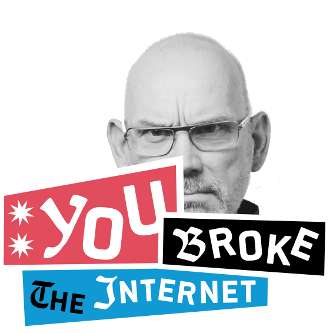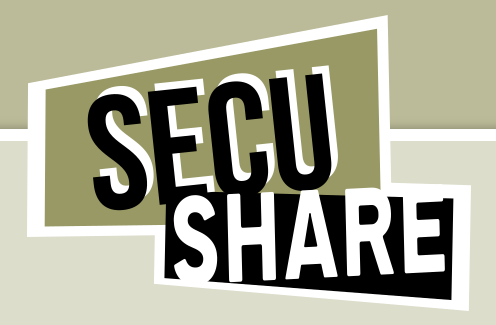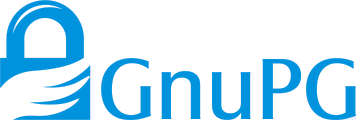
At the data protection specialist conference DAFTA 1084 Wau was asked by a journalist about his opinion as hacker about data protection officials. He answered: “Firstly, they are people with a wrong professional title. It is not about protecting data, but about protecting people against data misuse.”
Almost 30 years later we are now aware that we need to take care ourselves of the “protection against misuse” instead of trusting those in charge of data protection. We want to keep unrestricted control over data that contains our private information. Two threats endanger this unrestricted control:
- Data retention and surveillance: States and prosecution services don’t only crave for the ability to bug all online communications, but also for exhaustive data retention capacities. They want a comprehensive access to all mobile, landline and Internet connection data without needing to prove justified suspicion for it. This is why WHF supports projects that inform the public about the consequences of data retention and oppose political and legal resistance.
- “Data theft” on the Internet and on social networks: Data leechers like Faceboogle suck on our online behavior and our circles of friends on social media to make profit. In order to protect ourselves from such attacks on our informational self-determination we can and should use community-based software, which is conceived as tools for digital self-defense and can give us back our control on our own data.
Current Projects

Mass Encryption - p≡p
The p≡p foundation advocates Privacy. p≡p stands for “pretty Easy privacy” (or short: pEp) and is radically easing the use of end-to-end cryptographic tools for written digital communication channels (like email with OpenPGP-compliant encryption or messaging with OTR/XMPP). Through integration with the secure peer-to-peer GNUnet framework also effective meta data protection is in progress. Ultimately, p≡p wants to change the default in written digital communications to encrypted, verified and anonymized (“Privacy by Default”). p≡p innovates on multiple fronts: It makes digital privacy easy on a Free and Open Source Software (FOSS) basis.
The p≡p foundation is a non-profit, tax-free foundation based in Switzerland and owns p≡p project’s core code (the p≡p engine and the adapters / bindings for different programming languages). It develops independent code, is involved in IETF work, such that p≡p software stays interoperable, supports FOSS projects, organizes code audits and is engaged in political work.
Former Projects

You Broke The Internet (YBTI)
#youbroketheinternet wishes to bundle technologies that recreate the basic foundation of liberty and cut out the man in the middle. Not just dissidents and activists, also doctors, lawyers and journalists depend on trustworthy channels, encompassing features such as end-to-end encryption, social graph obfuscation, forward secrecy, fully controlled data storage as well as libre software and hardware.

Unhosted
Also known as “serverless”, “client-side”, or “static” web apps, unhosted web apps do not send your user data to their server. Either you connect your own server at runtime, or your data stays within the browser.
The unhosted.org frameworkl enables web developer to create such applications.

SecuShare
Imagine Facebook, Whatsapp, Gmail and Skype rolled into one, without the centralized surveillance and control. Crazy? Well, it hasn’t been tried before, at least not our way. So let’s give it a try.
secushare employs GNUnet for end-to-end encryption and anonymizing mesh routing (because it has a more suitable architecture than Tor or I2P) and applies PSYC on top (because it performs better than XMPP, JSON or OStatus) to create a distributed social graph. Together, these technologies allow for distributed private social networking including more straightforward and secure e-mail, chat, exchange of content and a private web. It could even work out as a safer choice for the Internet of Things.

GnuPG Encryption
GnuPG is the world’s leading privacy tool, with an estimated active user base of more than four million people world-wide, and a thousand new users each day.
It guards emails, files, and programs from snooping and spying on Windows, Mac, and GNU/Linux. This crucial program needs your help to keep going in 2015 and beyond.